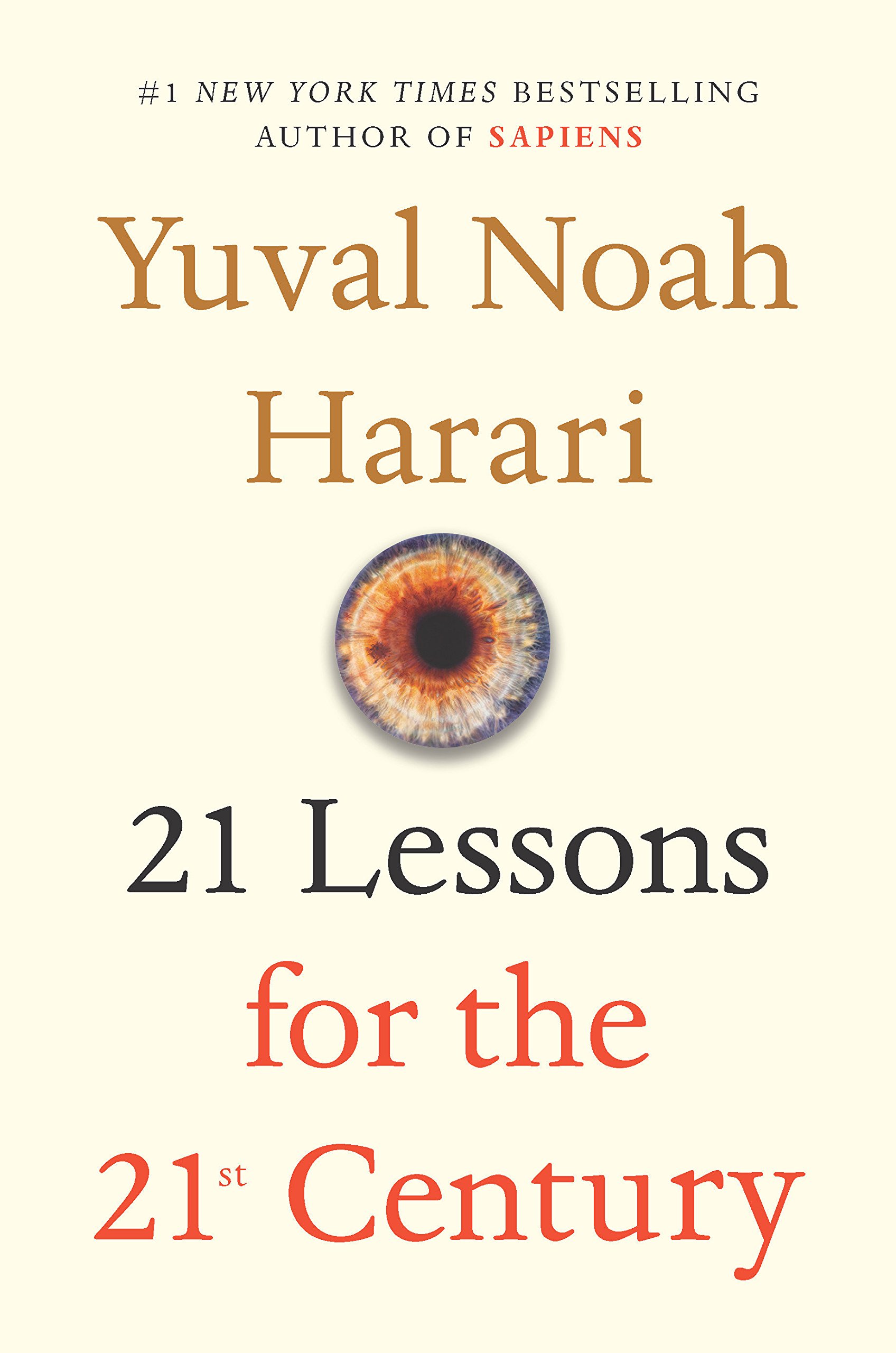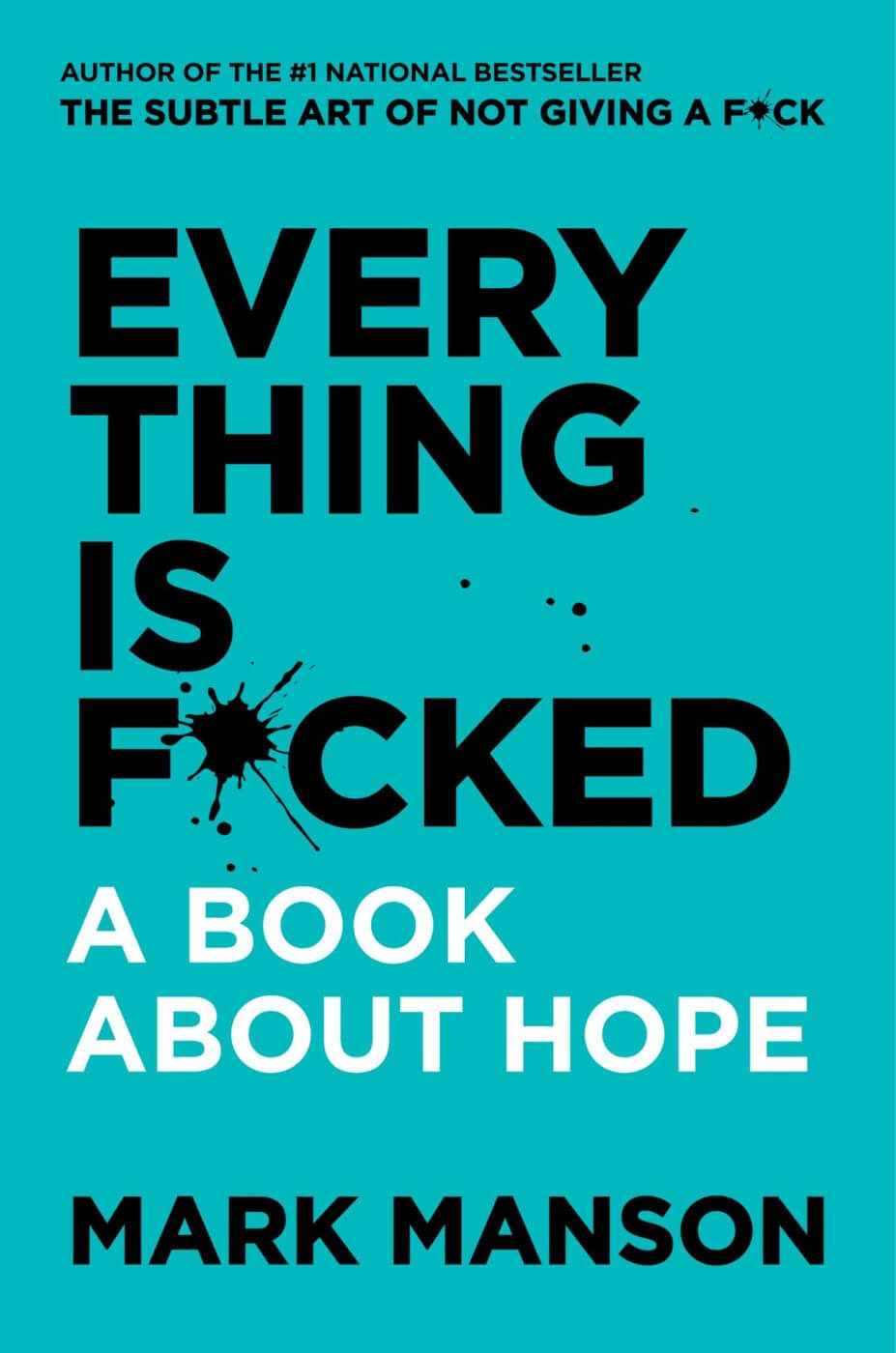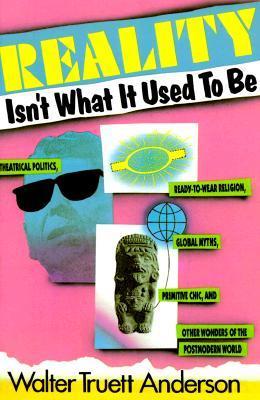
But What If We're Wrong? Thinking About the Present As If It Were the Past
Book Description
What if everything you think you know about the present is completely wrong? In "But What If We're Wrong?", Chuck Klosterman embarks on a thought-provoking journey that challenges conventional wisdom and shakes the very foundations of our understanding. Blending philosophy, pop culture, and a dash of humor, he explores how future generations might perceive today’s beliefs and truths. With each page, the tension between certainty and doubt intensifies, leaving readers questioning their own perspectives. As the clock ticks, what will remain significant, and what will be lost to time? Are we truly living in the best of times, or are we missing the bigger picture?
Quick Book Summary
In "But What If We’re Wrong?", Chuck Klosterman challenges conventional perspectives by prompting readers to contemplate today’s accepted truths from the viewpoint of the distant future. Blending philosophy, pop culture references, and humor, Klosterman argues that much of what we take for granted—about science, literature, music, or even reality itself—could one day be dismissed, misunderstood, or forgotten. He interviews experts, examines cultural phenomena, and asks speculative questions about topics ranging from the validity of gravity to the endurance of famous writers. By destabilizing our confidence in what we "know," Klosterman encourages a more skeptical, open-minded approach toward certainty and historical legacy. The result is an engaging, accessible work that invites readers to consider how the present may seem deeply peculiar or even misguided in retrospect.
Summary of Key Ideas
Table of Contents
The Fallibility of Accepted Truths
Klosterman opens by urging readers to re-examine the foundations of their beliefs. Using analogies from history, where universally accepted "truths" were later proven false, he asks us to consider how future societies might view our own convictions. Whether it’s scientific facts, social norms, or aesthetic judgments, what we see as unshakable may be subject to radical reinterpretation. He employs examples from the past where glaring errors went unchallenged due to prevailing wisdom, underscoring the human tendency to cling to certainty.
Future Perspectives on Culture and Art
A major part of the book delves into how culture—books, music, and entertainment—may endure or vanish over time. Klosterman speculates who among today's writers or musicians might represent our era centuries from now, noting how our modern standards of greatness are influenced by context and chance. He illustrates how unpredictable the process of canonization is, making it likely that the artists and works we praise today may not be the ones remembered in the distant future.
Limits of Scientific Certainty
The book addresses the limitations of scientific knowledge, examining fields like physics and cosmology. Klosterman considers that scientific facts we rely on could be overturned, much like past societies abandoned geocentrism or misunderstood gravity. Through expert interviews, he highlights that scientific consensus is always provisional, raising doubts about concepts we currently take as immutable laws. This uncertainty challenges the notion of progress as a straightforward accumulation of knowledge.
The Unpredictability of Legacy and Memory
Klosterman also explores the unpredictable mechanics of legacy, arguing that the preservation of certain ideas often owes more to luck than merit. Monuments, literary classics, and even philosophical frameworks may owe their survival to arbitrary choices, accidents, or the interests of those in power. The result is a historical record shaped as much by chance as by greatness, suggesting that what survives is not always what is best or most accurate.
Questioning Reality and Perception
Throughout, Klosterman reflects on the nature of reality and perception. He explores how our understanding of time, consciousness, and even the "realness" of experience could be fundamentally questioned by future thinkers. By blending humor with deep skepticism, Klosterman cultivates a sense of intellectual humility. He encourages readers to recognize the provisional nature of their knowledge, cultivating a mindset open to being proved wrong and less attached to the certainties of the present moment.
Download This Summary
Get a free PDF of this summary instantly — no email required.





